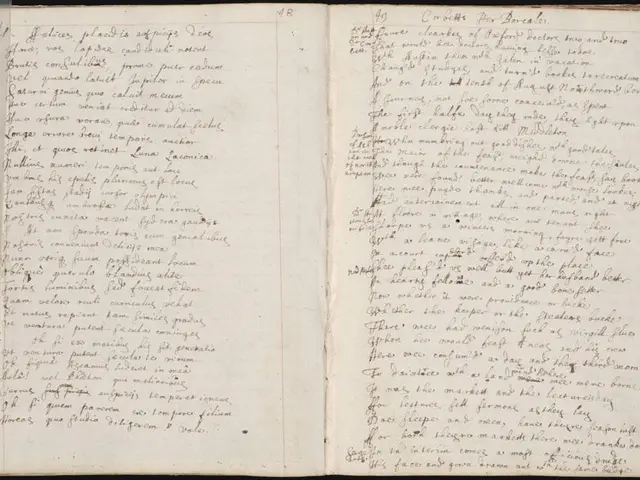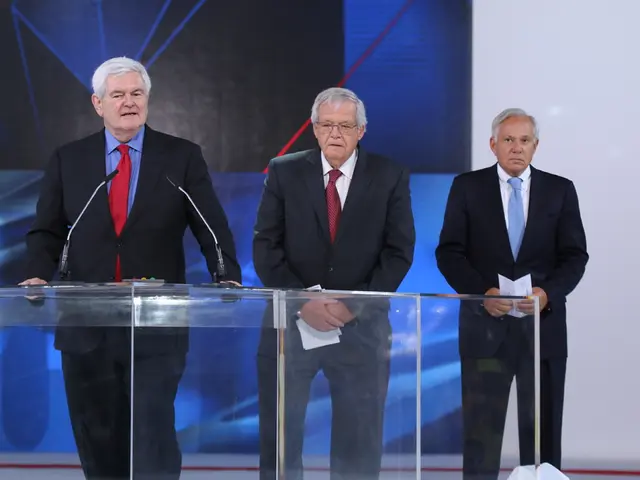Payment Cards for Refugees: A Controversial Topic
Thuringia's Migration Commissioner, Mirjam Kruppa, has spoken out against the implementation of payment cards for some refugees in two Thuringian districts. She believes that this system unfairly labels people and imposes unjustified limitations on their lives.
The introduction of payment cards for certain refugees occurred in Eichsfeld and Greiz districts on Friday. These cards now provide a monthly allotment, which is smaller than the previous cash disbursements. However, the cards are only valid in specific regions and cannot be used for cash withdrawals or bank transfers, even abroad.
Kruppa expresses doubts about the districts' intentions, suggesting that the goal isn't to reduce bureaucracy but to create hardships to persuade people to leave the country. On the other hand, the Eichsfeld district administrator Werner Hennig (CDU) refutes this claim, stating that the shift from cash to cards complies with the law.
The federal and state governments are currently pursuing a plan to provide at least partial state support to asylum seekers in Germany as credit on a payment card by the end of January. This initiative aims to prevent asylum seekers from transferring financial resources to their families in their countries of origin.
However, Kruppa vehemently opposes this idea, questioning why it's wrong for a young Afghan man to manage his resources frugally to assist his family abroad. Approximately 160 refugees in Greiz and Eichsfeld currently benefit from these payment cards.
Criticisms of payment cards for refugees include the restrictions imposed on social benefits and the lack of flexibility in spending. Some critics argue that it exacerbates poverty and makes it difficult for refugees to integrate into society due to insufficient resources.
Meanwhile, debates are sparking discussions among municipalities regarding the implications of the payment card system for refugees. Some municipalities might reconsider the use of payment cards to avoid burdening or stigmatizing refugees.
Enrichment:
Payment cards for refugees face criticisms, with arguments centered around restrictions on social benefits and flexibility in spending. The proposed changes in social benefits, such as the reduction of "money for citizens" from 563 euros to 460 euros per month and the cancellation of housing costs and health insurance coverage, may create hardships for refugees.
Moreover, some political parties like the AfD are proposing further restrictions on social benefits for refugees and pushing for strict immigration policies. Various possible scenarios after the elections may present changes in the use of payment cards for refugees, depending on the coalition formed between parties.








